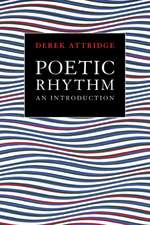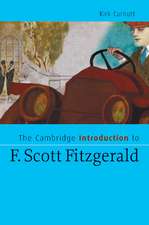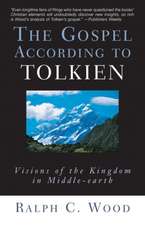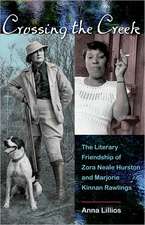The Cubalogues
Autor Todd F. Tietchenen Limba Engleză Paperback – 29 ian 2017
"As an early supporter of the original non-Communist Cuban revolution, I much appreciate this story of the involvement of American beat poets with the Fidelista cause. Dubbed the Cubalogues, ' their interaction with Cuban editors and poets is a unique part of Cuban cultural history, and it needs to be told to an American audience."--Lawrence Ferlinghetti
"Tietchen has done valuable research to bring the 'Cubalogues, ' as a body of related texts, to our attention and to provide us with the necessary context for understanding their place in American political culture."--Daniel Belgrad, author of The Culture of Spontaneity: Improvisation and the Arts in Postwar America "An exciting, timely, and wide-ranging intervention which reassesses the Beat movement, the Beat canon, Cold War politics, and the Cuban Revolution. . . . A tight, lively, and skillful presentation of the topic."--Sarah MacLachlan, author of The Cambridge Introduction to Chicano/a Literature and Culture Immediately after the Cuban Revolution, Havana fostered an important transnational intellectual and cultural scene. Later, Castro would strictly impose his vision of Cuban culture on the populace and the United States would bar its citizens from traveling to the island, but for a few fleeting years the Cuban capital was steeped in many liberal and revolutionary ideologies and influences. At the center of this cultural and intellectual history were the Cubalogues, an explicitly political subgenre of Beat travel narrative. Some of the most prominent figures in the Beat Movement, including Allen Ginsberg, Lawrence Ferlinghetti, and Amiri Baraka, were attracted to the new Cuba as a place where people would be racially equal, sexually free, and politically enfranchised. Driven by a profound skepticism concerning the negative portrayal of Castro's revolution within the mainstream U.S. media, each of the Cubalogue writers decided to witness the revolution firsthand, recording their experiences in works of autobiographical journalism which opened a revealing window into the earliest moments of revolutionary culture. What they experienced had profound and lasting literary effects both on their work and on the many writers and artists they encountered and fostered. Todd Tietchen clearly documents the multiple ways in which the Beats engaged with the scene in Havana and demonstrates that even in these early years the Beat movement expounded a diverse but identifiable politics. Ultimately, the Cubalogues configured Cuba as a transnational and collaborative laboratory--a site for experimenting with new and stranger notions of inter-American politics, and the documents themselves forwarded a vision of intellectual and cultural collaboration that refused to participate in the official discourses of neocolonialism and conquest.Preț: 146.53 lei
Nou
Puncte Express: 220
Preț estimativ în valută:
28.04€ • 29.03$ • 23.70£
28.04€ • 29.03$ • 23.70£
Carte tipărită la comandă
Livrare economică 06-20 martie
Preluare comenzi: 021 569.72.76
Specificații
ISBN-13: 9780813054629
ISBN-10: 0813054621
Pagini: 210
Dimensiuni: 156 x 235 x 12 mm
Greutate: 0.33 kg
Editura: University Press of Florida
ISBN-10: 0813054621
Pagini: 210
Dimensiuni: 156 x 235 x 12 mm
Greutate: 0.33 kg
Editura: University Press of Florida













